For the second year in a row, a young American whistleblower alarmed at the unfettered and at times cynical deployment of power by the world's foremost superpower has been voted the Guardian's person of the year.
Edward Snowden, who leaked an estimated 200,000 files that exposed the extensive and intrusive nature of phone and internet surveillance and intelligence gathering by the US and its western allies, was the overwhelming choice of more than 2,000 people who voted.
The NSA whistleblower garnered 1,445 votes. In a distant second, from a list of 10 candidates chosen by Guardian writers and editors, came Marco Weber and Sini Saarela, the Greenpeace activists who spearheaded the oil rig protest over Russian Arctic drilling. They received 314 votes. Pope Francis gained 153 votes, narrowly ahead of blogger and anti-poverty campaigner Jack Monroe, who received 144. Snowden's victory was as decisive as Chelsea Manning's a year earlier.
It is strange to think now, but a little more than six months ago, virtually no one had heard of Snowden, and few people outside the US would have been able to identify what the initials NSA stood for. Though internet privacy was beginning to emerge as an issue, few people had any idea of the extent to which governments and their secretive auxiliaries were able to trawl, sift, collect and scrutinise the personal digital footprints of millions of private individuals.
All that changed in May when Snowden left Hawaii for Hong Kong, where he met Guardian journalists Glenn Greenwald and Ewen MacAskill, and independent film-maker Laura Poitras, and handed over materials that blew the lid on spying technologies, some of which were truly stranger than fiction: a dragnet programme to scoop up digital activities direct from the servers of the biggest US tech companies; a tap on fibreoptic cables to gather huge amounts of data flowing in and out of the UK; a computer program to vacuum up phone records of millions of Americans; a codebreaking effort to crack the encryption system that underpins the safety and security of the internet.
In so doing, Snowden transformed his life, and not for the better. Forced to go on the run, he ended up in Moscow where he now lives in a curious Julian Assange-like limbo, unable to leave Russia for fear of arrest, extradition to the US and a prosecution that would threaten a long jail sentence, if Manning's term of 35 years is anything to go by.
It is this personal sacrifice, as much as his revelations, that impressed most readers who voted for him.
"He gave his future for the sake of democratic values, transparency, and freedom," said Miriam Bergholz. Colin Walker wrote: "We need people like him to have the courage to forget about their own life in the cause of other people's freedom. Let's face it, his life is over as even if he goes back to the US he will face decades in prison and the personal sacrifice he has made is immense." One commenter, identifying themselves as "irememberamerica", said he voted for Snowden "for his extraordinary and exemplary courage, and the historic value of his daring act. At every step, he has displayed an astonishing integrity and presence of mind. He is a great American and international patriot."
Some readers felt that the actions of the Greenpeace activists were as brave, if not braver, than Snowden's.
"Facing jail, as Snowden does, for defending privacy is one thing," wrote CaptainGrey. "Facing injury or even death for defending the planet, as Greenpeace activists often do, is another entirely," he said, in casting a vote for Weber and Saarela.
Others put in a good word for the pope, Waris Dirie and Monroe.
Iriscepero wrote: "[I am voting for] Waris Dirie for her work concerning female genital mutilation. It's an awful, brutal way of controlling females that carries significant health risks and it needs to end. I don't feel the topic gets the attention it needs because of the nationalities that are usually involved in the practice."
Final vote count
Edward Snowden 1,445
Marco Weber and Sini Saarela 314
Pope Francis 153
Jack Monroe 144
Waris Dirie 69
Satoshi Nakamoto 33
Kanye West 28
Andy Murray 22
Elon Musk 11
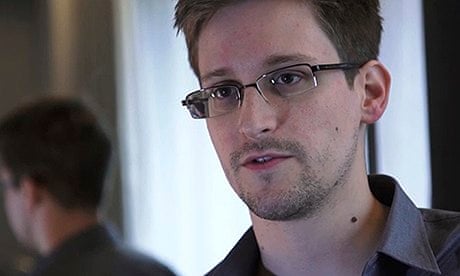
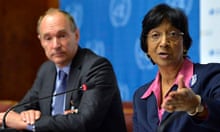
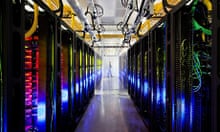
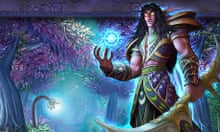
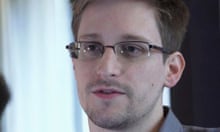


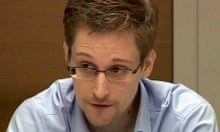


Comments (…)
Sign in or create your Guardian account to join the discussion